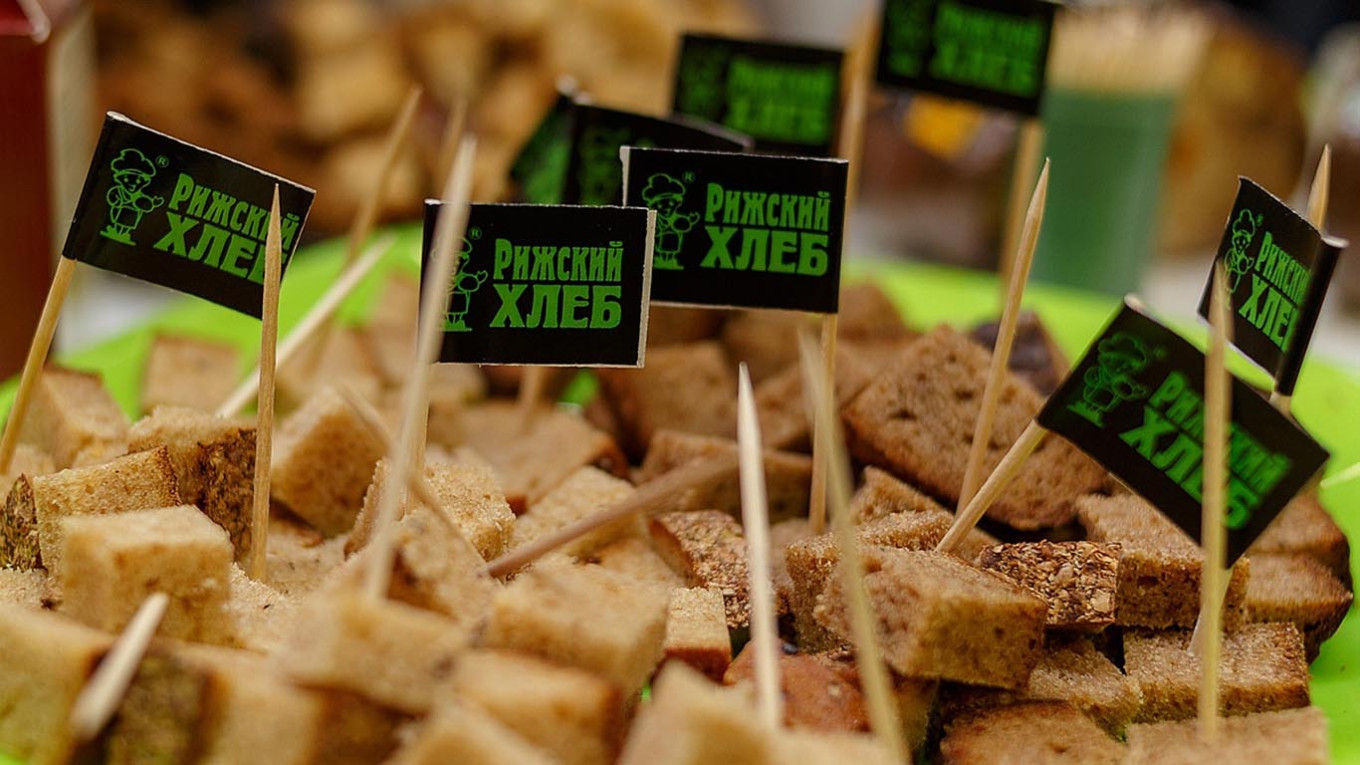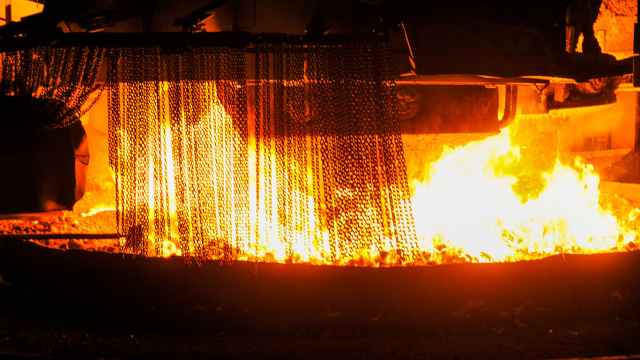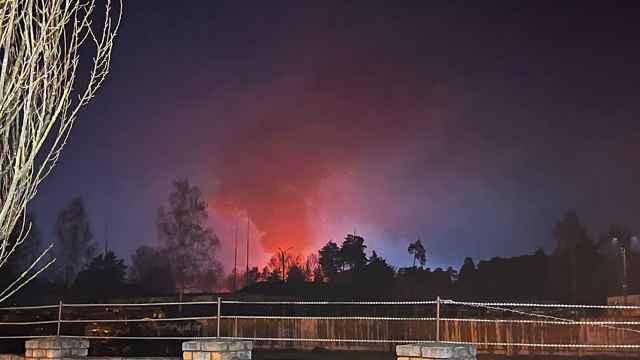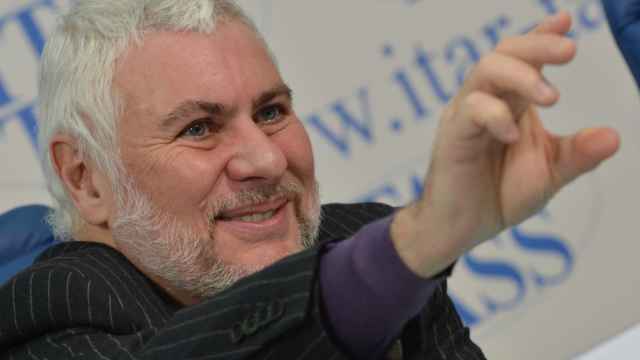Russian prosecutors are seeking to designate bread producer Rizhsky Khleb as “extremist” and confiscate a 50% stake in the company, alleging its Latvian co-owner financed Ukraine’s military, the Kommersant business newspaper reported Tuesday, citing sources familiar with the matter.
Based in central Russia’s Ivanovo region, Rizhsky Khleb was founded in 2006 by Latvian businessman Normunds Bomis and Russian entrepreneur Sergei Sirenko.
After Russia’s 2022 invasion of Ukraine, Bomis reportedly urged Sirenko to shut down the company’s operations in Russia. Sirenko instead proposed buying out Bomis’ share, but no agreement was reached, according to Kommersant.
The Russian Prosecutor General’s Office claims Bomis violated anti-extremism laws by donating to Ziedot.lv, a Latvian charity accused of financing the Ukrainian military’s Azov Brigade, which Russia designated as a terrorist group in 2022.
Authorities allege Bomis transferred around $36,800 to the charity between 2023 and 2025, and that the funds were used to purchase weapons and ammunition.
It was not immediately possible to verify the claims.
Prosecutors argue that Bomis’ 50% stake in Rizhsky Khleb forms a “financial base” for what they describe as an “extremist association” and are seeking to nationalize his share and ban related Latvian and Ukrainian entities.
A court in the Ivanovo region is set to review the case, though no hearing date has been disclosed, according to Kommersant.
Rizhsky Khleb reported 1.5 billion rubles ($19.1 million) in revenue and 630 million rubles ($8 million) in gross profit last year. It employs around 250 people.
Since the full-scale invasion of Ukraine in February 2022, the Russian government has confiscated an estimated $50 billion in private assets, roughly equivalent to its annual budget deficit or one-third of its yearly military spending.
A Message from The Moscow Times:
Dear readers,
We are facing unprecedented challenges. Russia's Prosecutor General's Office has designated The Moscow Times as an "undesirable" organization, criminalizing our work and putting our staff at risk of prosecution. This follows our earlier unjust labeling as a "foreign agent."
These actions are direct attempts to silence independent journalism in Russia. The authorities claim our work "discredits the decisions of the Russian leadership." We see things differently: we strive to provide accurate, unbiased reporting on Russia.
We, the journalists of The Moscow Times, refuse to be silenced. But to continue our work, we need your help.
Your support, no matter how small, makes a world of difference. If you can, please support us monthly starting from just $2. It's quick to set up, and every contribution makes a significant impact.
By supporting The Moscow Times, you're defending open, independent journalism in the face of repression. Thank you for standing with us.
Remind me later.






